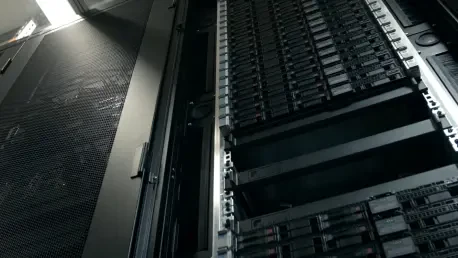
Retail connectivity has reached a pivotal moment where the demand for seamless and secure communication between devices is paramount. This need is evident as businesses increasingly rely on technology to optimize operations, enhance customer experiences, and drive profit. POND IoT, a leader in this

In today's rapidly evolving technological landscape, enterprises face a critical juncture: the integration of artificial intelligence into their networking operations. This shift is more than just a trend; it's a necessity for companies striving to maintain a competitive edge and operational

The promise of the Internet of Things (IoT) heralds transformative changes in the realm of public safety, offering innovative approaches to enhancing security across urban landscapes worldwide. With the IoT in public safety market forecasted to skyrocket from $31.61 billion in 2023 to $130.19

As supply chain management becomes increasingly complex and data-driven, innovative technologies such as Ambient IoT are emerging to provide new solutions to longstanding challenges. Ambient IoT refers to the use of energy-harvesting sensors that operate without batteries, drawing power from

In a move reflecting the relentless advancement of technology, IP Infusion revealed its latest offering, OcNOS® Data Center (OcNOS-DC) 6.6.1, targeting the ever-increasing demands of artificial intelligence (AI) and machine learning (ML). As AI continues to permeate various sectors, the need for

In an era where telecommunications infrastructure stands at the cusp of revolutionary transformations, Telenet, a Belgian telecommunications provider, is pioneering a trailblazing path with the adoption of network digital twins. Unveiled at the recent FutureNet World conference, Telenet's